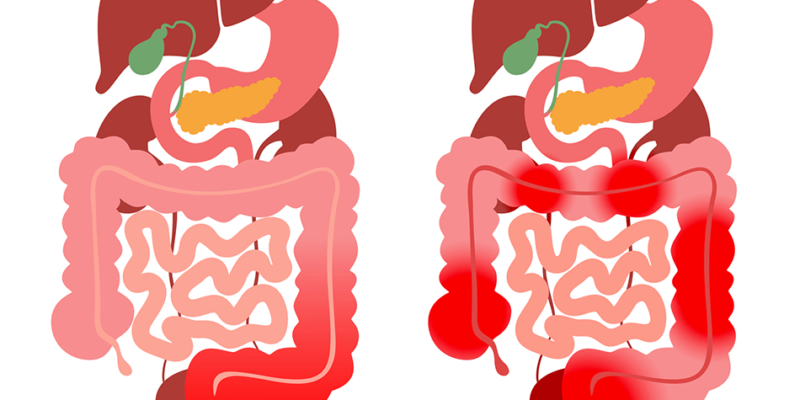A person with active inflammatory bowel disease experiences inflammation in the digestive system. The disease affects every person differently. After diagnosis, the patient must follow the doctor’s instructions sincerely to bring the disease into remission. But what about inflammatory bowel disease flare-ups?
Flare-ups are the recurrence of disease symptoms that can cause embarrassing situations and make daily life difficult.
A flare-up of IBD may include some of the following symptoms:
- Frequent diarrhea
- Urgent need for bowel movements or feeling of incomplete bowel movement
- Abdominal pain
- Rectal bleeding, blood in the stool
- Fever
- Fatigue
- Weight loss due to loss of appetite
Flare-ups occur when the disease is active and can be caused by a variety of factors such as:
- Not following the medicine schedule properly by either missing the doses or not taking them correctly.
- Non-steroidal anti-inflammatory drugs (NSAIDs)
- Excessive smoking
- Infections in intestine
- Stress
Useful tips for dealing with the IBD flare-ups
- The disease can only be controlled if you cooperate with your healthcare provider. Never miss a visit to your doctor, explain all the symptoms correctly, ask questions, and discuss the side effects. Be active with all the IBD-related blood tests and follow the instructions of the doctor.
- Keeping track of IBD symptoms is very important. This helps the doctor understand how IBD is affecting your life. After tracking the symptoms, the doctor can decide if any changes are required in the treatment and whether a new approach needs to be followed or not. Discuss practical ways to manage the disease with your doctor. This may include pain management, hygiene practice, etc.
- Daily exercise is always good for your health. It helps in stress management, improves mental and physical health, improves strength, and boosts the immune system. Consult your doctor about an exercise regimen that will help you deal with IBD flare-ups. Also, maintaining a healthy diet may help reduce the symptoms. Maintain a healthy diet, take all the essential nutrients, and promote healing. Keep track of your eating habits and the things affecting your health. A healthy diet and even low-intensity exercise can help show results. If your symptoms make mobility exercises difficult, consult your doctor to develop an effective exercise routine program that can be managed at home.
- A person with active IBD should quit smoking immediately. Smoking only worsens the condition. Many times, the treatment does not work for someone who smokes frequently.
- Stress may also trigger IBD symptoms, so reducing stress levels is very important. You can try various stress management techniques like meditation, yoga, breathing exercises, etc. Identify which exercises help you reduce stress levels and get enough sleep at night.
- IBD can have an impact on both physical and mental health. Make sure the way you take care of your physical health maintains your emotional health as well. IBD symptoms make daily tasks difficult, potentially increasing the patient’s risk of depression. Talk to your doctor about your mental and physical health so that they can help you heal both your body and mind. Visit icare4u for more information.








Comments